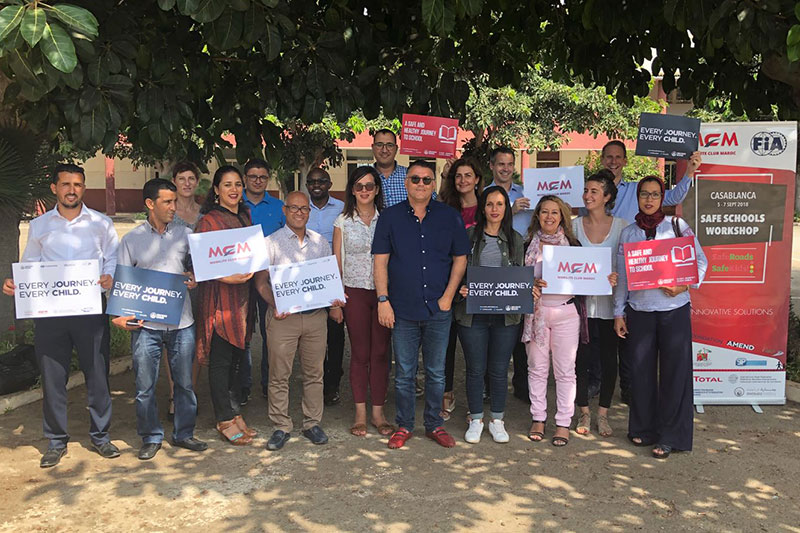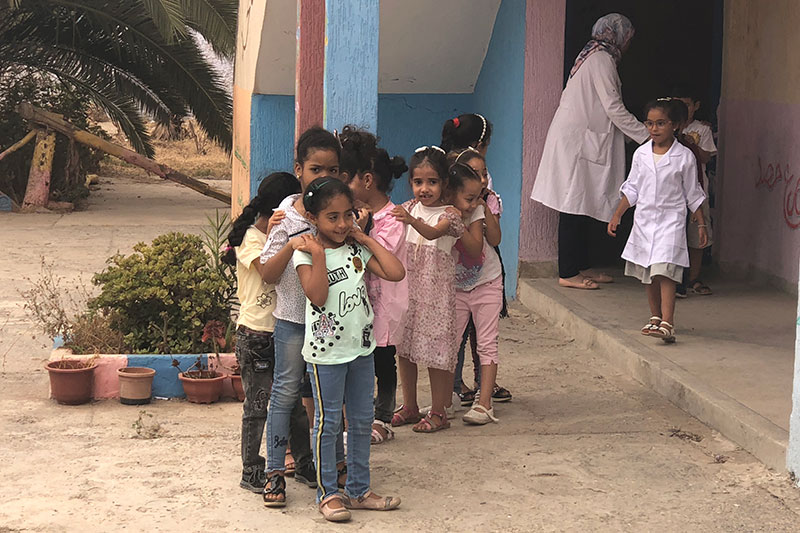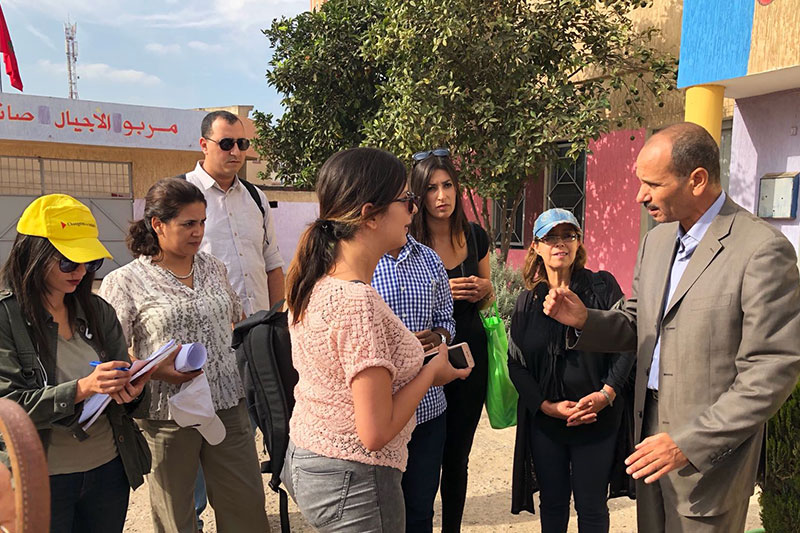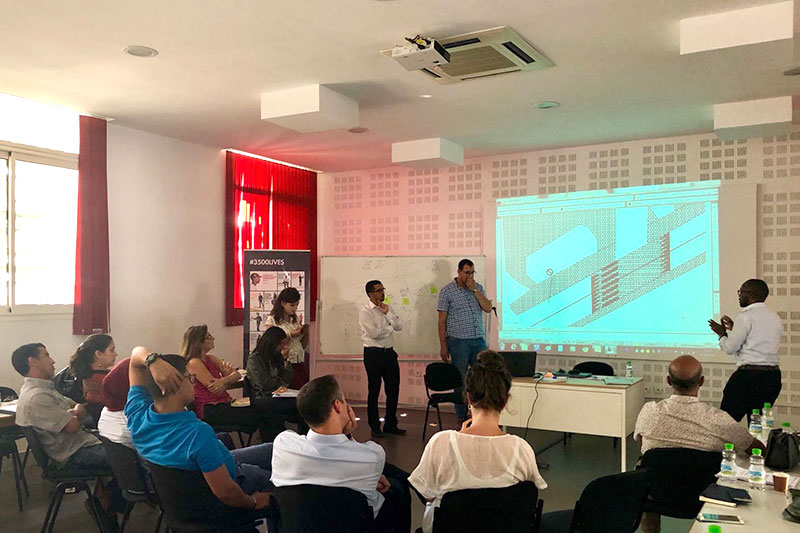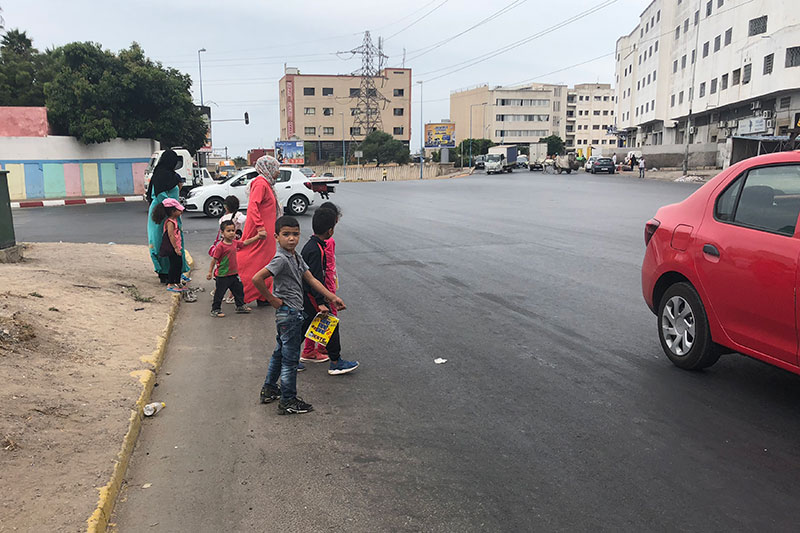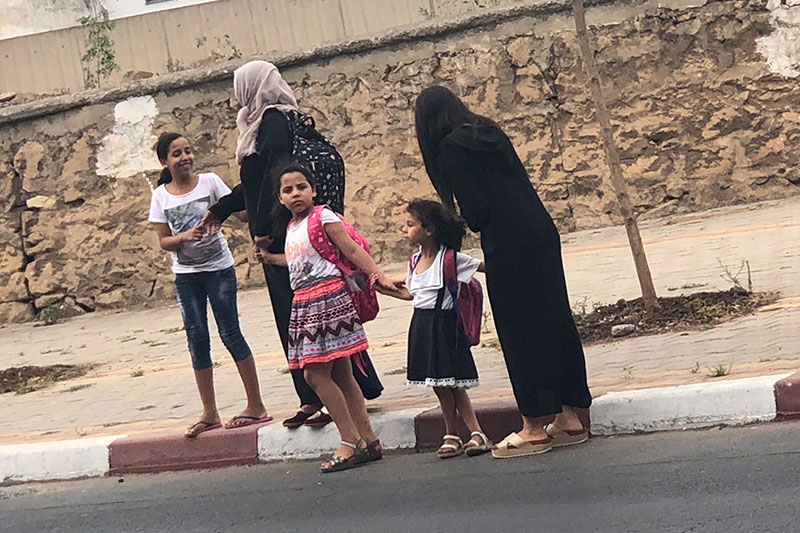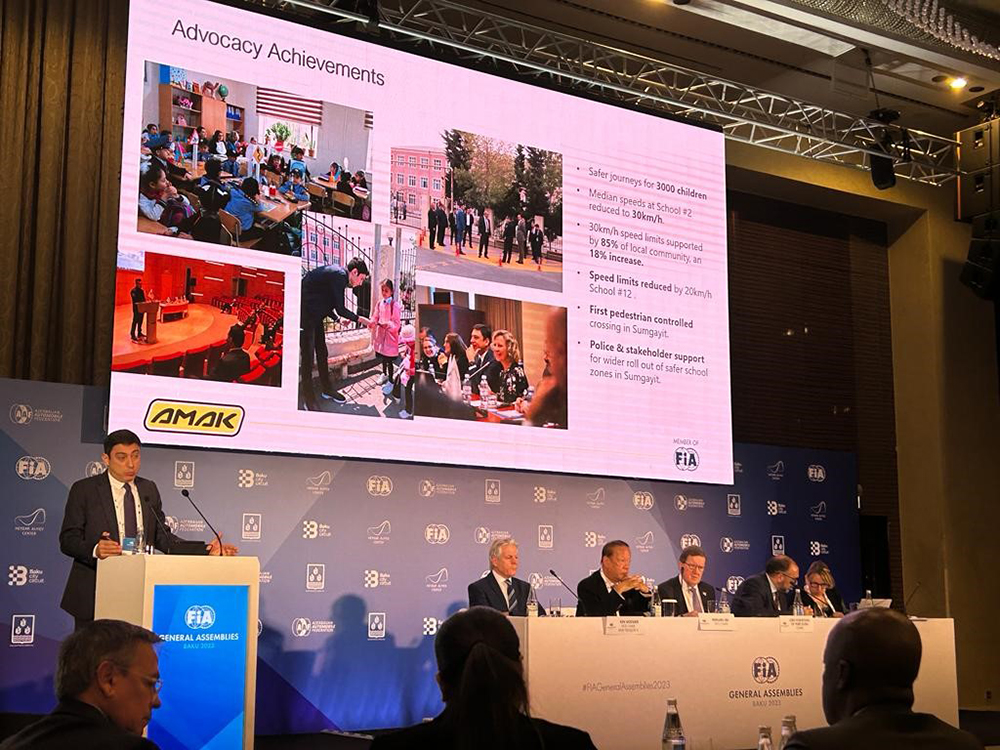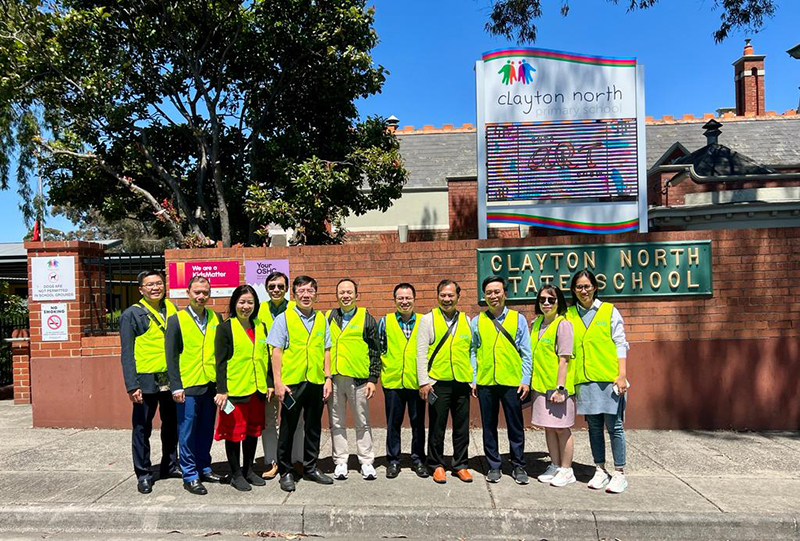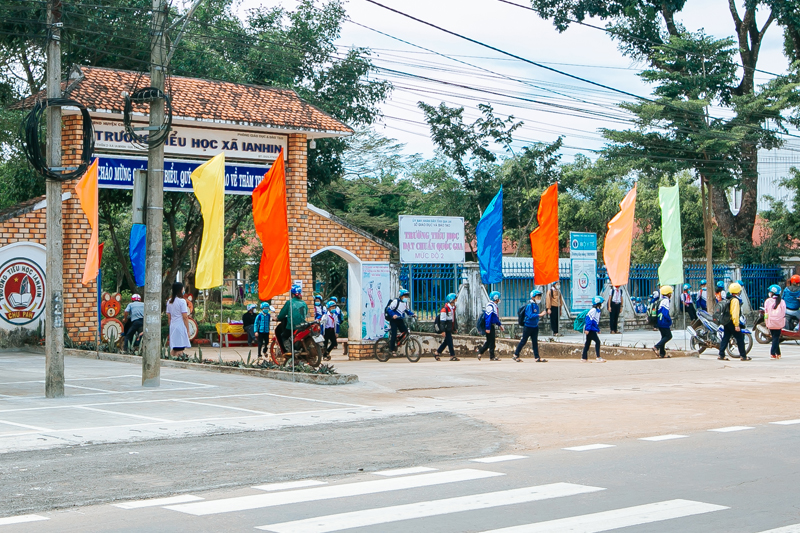Safe journeys for the children of Morocco
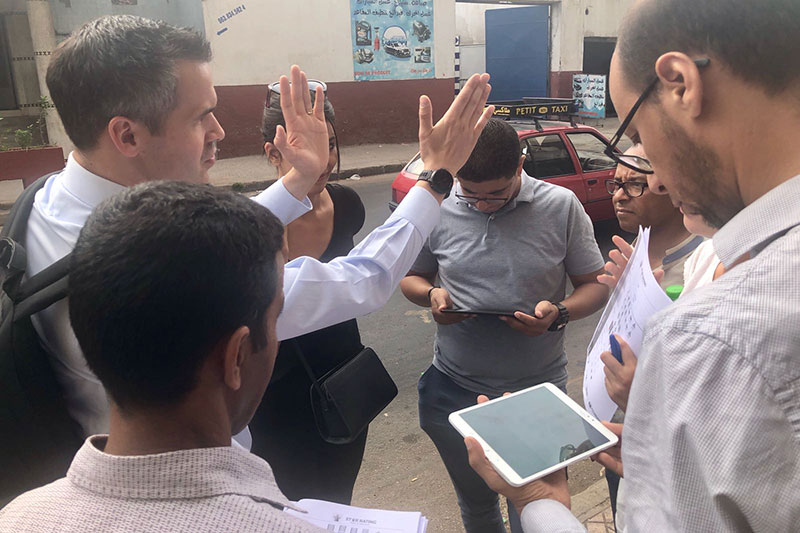
Led by the Mobilité Club Maroc (MCM), a strong coalition of national and international partners has started work to provide the children of Morocco with a safe journey to school.
In its first phase, the initiative is targeting some of the poorest schools in Casablanca, Morocco’s largest city, where the children confront severe risks on their daily journey. Children can face traffic speeding at over 60km/h on their journey to and from school. They are typically exposed and unprotected with the majority travelling as pedestrians, walking from their homes to school.
The MCM has received support for the project from the FIA Road Safety Grant Programme which is provided by FIA Foundation funding. In a workshop held from 5-7 September hosted by the MCM, the club and local partners were provided with training from the International Road Assessment Programme (iRAP) and the Amend NGO on assessing, rating and implementation to improve safety on the road network around the schools. The International Road Federation is also collaborating as a project partner. The project is an example of delivering the Child Health Initiative’s ‘safe journey to school’ agenda.
Workshop sessions included training in iRAP’s ‘Star Rating for Schools’ methodology and Amend’s School Area Road Safety Assessments & Improvement approach. A similar package has been deployed by these Child Health Initiative partners in other countries such as Zambia and Jamaica. In sub-Saharan Africa where Amend’s work is focussed, it’s approach to improving the safety of road infrastructure around schools can reduce road traffic injury among children by over 20%. Workshop participants were given training in the classroom and then carried out initial assessments around the first school.
The first school targeted is the Rhamna Primary School in the Sidi Moumen district of Casablanca, an area characterised by relatively high levels of poverty. Situated on a busy intersection, this school has over 1000 pupils, with nearly all walking to their classes each day. There is little protection for the children of Rhamna, a lack of safe sidewalks, few safe crossings and existing road infrastructure which does not slow traffic speed where children are present.
Rima el Allali, MCM Directrice Générale said: “This is a very important project for us here in Morocco. Our children need far more protection on their daily journey to and from school. We are delighted to be working with the FIA Foundation and it’s Child Health Initiative partners to keep our kids safe. We hope that together we can save lives on the roads and give the children of Morocco a better future.”
According to the MCM, and its local partner the Regional Education and Training Academy, most of the 695 state schools in Casablanca suffer from poor road safety. Many of the schools are located in areas prone to road traffic crashes, and Casablanca accounts for 25% of the country’s road traffic injury burden. Reported national statistics show that 10% of people killed on the roads are children under the age of 15.
At Rhamna Primary, the MCM and its partners will use iRAP’s ‘Star Rating for Schools’ methodology to assess the safety of the surrounding road network, and will present a 1-5 star rating. The partners will also work with Amend to identify which countermeasures – such as safe sidewalks, road humps and crossings - should be implemented to reduce risk and improve safety.
MCM hopes to carry out project work at two further schools, the Moussa Ibnou Noussaïr school also in Sidi Moumen and the Tit Mellil school, a rural primary.
Avi Silverman, FIA Foundation Deputy Director said: “We’re delighted that with its grant funding, the MCM is taking advantage of the proven approach to reducing child road traffic injury. At schools like Rhamna Primary, the children are facing unacceptable levels of risk each day while striving to access education and improve their life chances. Using the expertise from our Child Health Initiative partners, MCM can turn what is a dire situation around, save lives and help protect Morocco’s future.”
